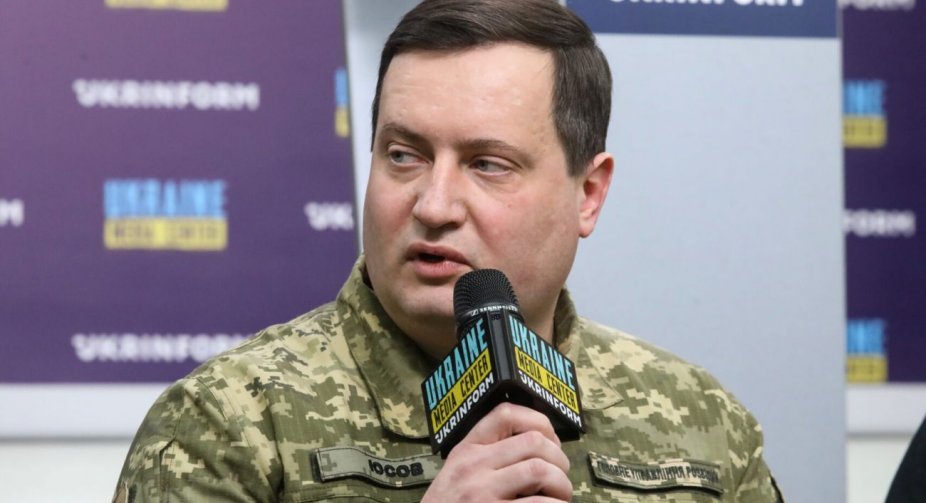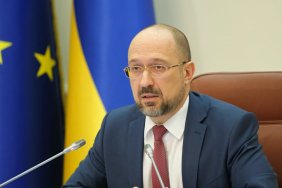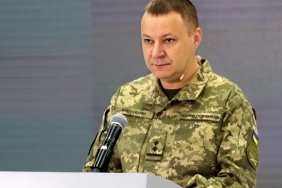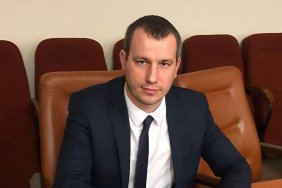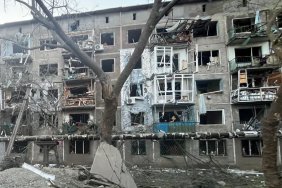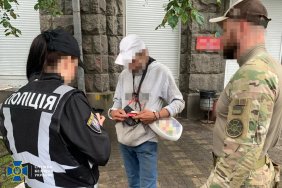The Main Intelligence Directorate provided details of the prisoner exchange with Russia that was supposed to take place on January 24 but was disrupted, and also reported that the Il-76 aircraft, which the Russian side claims was transporting Ukrainian prisoners, had previously supplied missiles for attacks on Kharkiv. This information was reported by a representative of the GUR, Andriy Yusov, during the telethon.
"The issue of delivering prisoners for exchange is the responsibility of the country that holds them. Ukraine, for its part, took all measures to ensure that yesterday's exchange took place. The civilian transport with Russian prisoners was in place, in the Sumy direction. Everything was ready for the exchange. The relevant services were notified, and a ceasefire was enforced in the area. Border guards, security and defense forces did everything properly," Yusov said.
He noted that on January 3, during the exchange of prisoners, Russia used air transportation to move Ukrainian prisoners. And that time, Ukraine was warned in advance and ensured a regime of silence.
"As for yesterday's events... The aggressor did not provide such information either verbally or in writing," said the GUR representative.
Yusov also said that this particular aircraft was previously spotted at the Engels-2 airfield in the Saratov region of the Russian Federation, where it provided ammunition to enemy's strategic aviation. In addition, according to him, this is the same aircraft that supplied missiles for strikes on Kharkiv.
According to the GUR official, Ukraine is interested in continuing prisoner exchanges with Russia even after the downing of the IL-76.
"Ukraine is interested in returning its defenders, we can and will return captured Russians. However, for this, Russia should not play information propaganda games, but work on the implementation of international humanitarian law," Yusov said.
